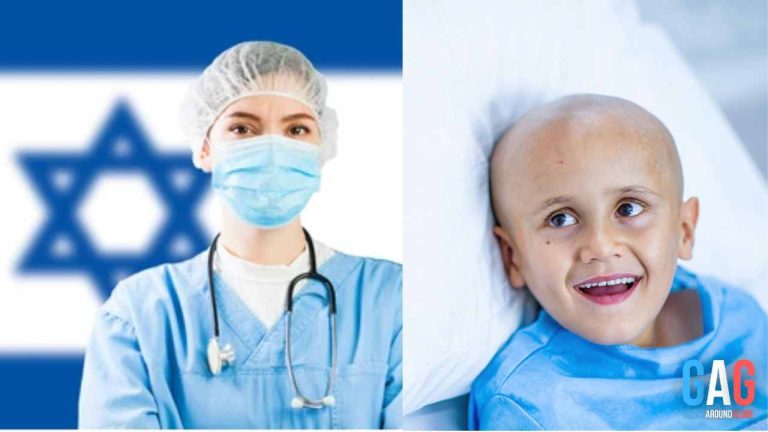A recent revelation from the University of Massachusetts Amherst has come with q hope for the field of oncology. Imagine if a common childhood vaccine could be the key to treating some of the most challenging cancers out there. Sounds like science fiction, right? Not anymore!
A Fresh Approach to Tackling Cancer
Researchers from the University of Massachusetts Amherst have come forward with this groundbreaking approach. The research suggests that a protein antigen, typically found in childhood vaccines, can be redirected into malignant tumor cells. The purpose? To refocus our body’s immune system to combat cancer, stopping its progression and even preventing its return. The best part is that it’s not just a concept; practical experiments and results are backing this up.
Proof-of-principle study shows immunity from routine vaccines has potential to fight #cancer @umassamherst @frontiersin https://t.co/Rs5CJUD5j6
— Medical Xpress (@medical_xpress) October 6, 2023
Salmonella: From Enemy to Ally
The study introduces a bacteria-based intracellular delivering (ID) system, using a non-toxic strain of Salmonella. Salmonella often linked to food poisoning is now on to fight against cancer. This specialized Salmonella releases a vaccine antigen once it penetrates a solid-tumor cancer cell. As described by the senior author, Neil Forbes, a professor of chemical engineering at the University, this bacterial system has vast potential. Its application could span a broad spectrum of cancer patients, especially those fighting hard-to-treat cancers like liver, metastatic breast, and pancreatic tumors.
From the Lab to Real-world Application
But how does this all work in practice? The Forbes Lab at the Institute for Applied Life Sciences (IALS) spearheaded this innovative research. They genetically engineered Salmonella to deliver ovalbumin. It is a protein commonly found in chicken eggs and in pancreatic tumor cells of mice. The mice had previously been immunized with this ovalbumin “vaccine.” What happened next was nothing short of astonishing.
The introduction of ovalbumin initiated an antigen-specific T-cell response within the cells that assailed the cancer. This approach managed to eradicate a whopping 43% of the established pancreatic tumors, effectively extending the survival of the mice.
Moreover, when the researchers attempted to reintroduce pancreatic tumors into these treated mice, the results were truly heartening. Not a single tumor grew back, suggesting that the mice had built immunity not just to the ovalbumin but to the cancer itself. This discovery raises promising prospects for the application of such treatments in humans, potentially offering a long-term solution to such devastating illnesses.
The Road Ahead
Building on the success of their initial findings on pancreatic tumors, the team’s primary research also indicated that the modified Salmonella could effectively fight liver tumors in mice. The researchers hope to conduct further experiments on a diverse range of animals and refine the Salmonella strain to prove its safety in humans. To get approval from the FDA, they hope to kickstart clinical trials within the next few years. Liver cancer is their initial target, and it is also closely followed by pancreatic cancer.
Professor Forbes is not just in this for the academic awards. His connection, driven by the memory of his grandfather who surrendered to prostate cancer, fuels his ambition. He is on a mission: to transform this groundbreaking research into a tangible, effective cancer therapy.
Conclusion
In a world where cancer continues to be one of the toughest health challenges, discoveries like these shine a beacon of hope. Harnessing the power of the body’s immune system, combined with the unlikely alliance of a childhood vaccine and a non-toxic strain of Salmonella, might just be the trailblazing approach we’ve been waiting for. Stay tuned for more updates as this promising research unfolds!
Also read,







